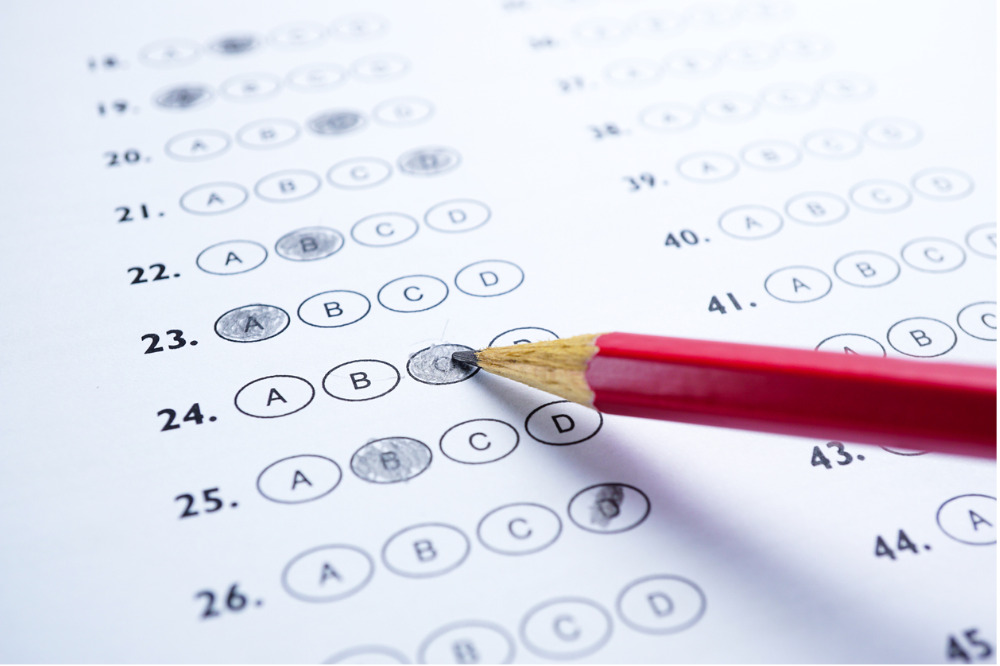
For Australia’s schools and universities, academic misconduct continues to be one of the most significant challenges outside the COVID-19 pandemic.
In May, the 2019 Student Conduct and Complaints Report revealed a rise in student misconduct cases, noting a “consistent and continuing upward trend” in student misconduct allegations since 2014.
While there have been changes in assessment design and awareness campaigns, contract cheating services continue to be available, and teachers are often unable to keep pace with the ways in which students can commit academic misconduct.
To tackle this issue head-on, plagiarism detection service Turnitin has announced the developed a new anti-cheating resource, Turnitin Originality, which improves detection rates while encouraging teachers to talk to students about potential threats to academic integrity.
The advanced anti-cheating tool combines the text similarity checking functionality with new features that help instructors address trends such as contract cheating and teach students the value of original thinking skills.
“Supporting academic integrity is a multi-layered process of setting expectations, providing tools to students so they can self-check and correct, and then helping faculty to identify potential misconduct so that they can intervene,” Valerie Schreiner, CPO and CMO of Turnitin, said.
“Turnitin Originality gives instructors and administrators the capability of identifying the full range of potential misconduct in one tool so that instances of plagiarism or inauthentic authorship are teachable moments, not punitive ones.”
Phill Dawson, Associate Professor & Associate Director of the Centre for Research in Assessment and Digital Learning (CRADLE) at Deakin University, said the rapid shift to online learning provides different opportunities for misconduct.
“While a holistic approach to academic integrity is advocated, it is likely that gaps will emerge. We must be continually updating the toolkit of support and detection measures,” he said.
‘A game-changer’
Cath Ellis, Associate Dean of Education at UNSW, said it’s becoming increasingly clear that new types of academic misconduct have emerged that are posing a serious threat to the academic integrity across all education sectors.
“With learning activities and assessments moving online, students have been presented with new opportunities to seek unauthorised assistance, whether it be from other people or from technologies and online tools,” Ellis said.
“Having a solution that helps us to move beyond just identifying text similarity is a game-changer; it will help us to improve detection rates while also encouraging teachers to have meaningful conversations with students about potential threats to academic integrity.”


